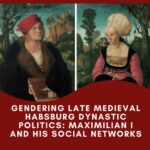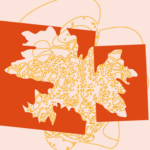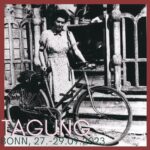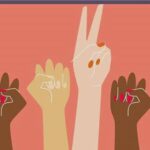Anne Kwaschik (Univ. of Konstanz) (Web), Isabel Heinemann (Univ. of Bayreuth), Emeline Fourment (Univ. of Rouen), and Heidi Hein-Kircher (Herder Institute Marburg)
Time: 19.-21.10.2023
Venue: Konstanz
Registration by: 01.10.2023
The conference aims at exploring health feminism and women’s activism from the perspective of the history of knowledge. It intends to interrogate the homogeneity of the existing Western European narratives focusing on the 1970s and on the argument that North America was the hub of knowledge transfer to the rest of the world. Against this background, this conference focuses on other transnational transfers, from Europe to the US, or within Europe and asks participants to reconsider periodization.
Sections: Health knowledge as a source of women’s empowerment | Knowledge transfer across borders and times | Transnational encounters as sites of knowledge transfer | Women’s health activism between grassroot movements and the state | Women’s health activism and technologies of reproductive control
Program: Read more and source … (Web)

 Graz Museum
Graz Museum  University of Minnesota: Robert A. Kann Memorial Lecture
University of Minnesota: Robert A. Kann Memorial Lecture  Referat Genderforschung an der Universität Wien – RGF; Tomi Adeaga
Referat Genderforschung an der Universität Wien – RGF; Tomi Adeaga  Haus der Frauengeschichte, Bonn; Christina Schröer und Alma Hannig
Haus der Frauengeschichte, Bonn; Christina Schröer und Alma Hannig  Reihe INTERAKTIONEN des Instituts für Zeitgeschichte der Univ. Wien
Reihe INTERAKTIONEN des Instituts für Zeitgeschichte der Univ. Wien  IFRWH 2024 Conference – The International Federation for Research in Women’s History – IFRWH | Federation Internationale pour des Femmes – FIRHF
IFRWH 2024 Conference – The International Federation for Research in Women’s History – IFRWH | Federation Internationale pour des Femmes – FIRHF